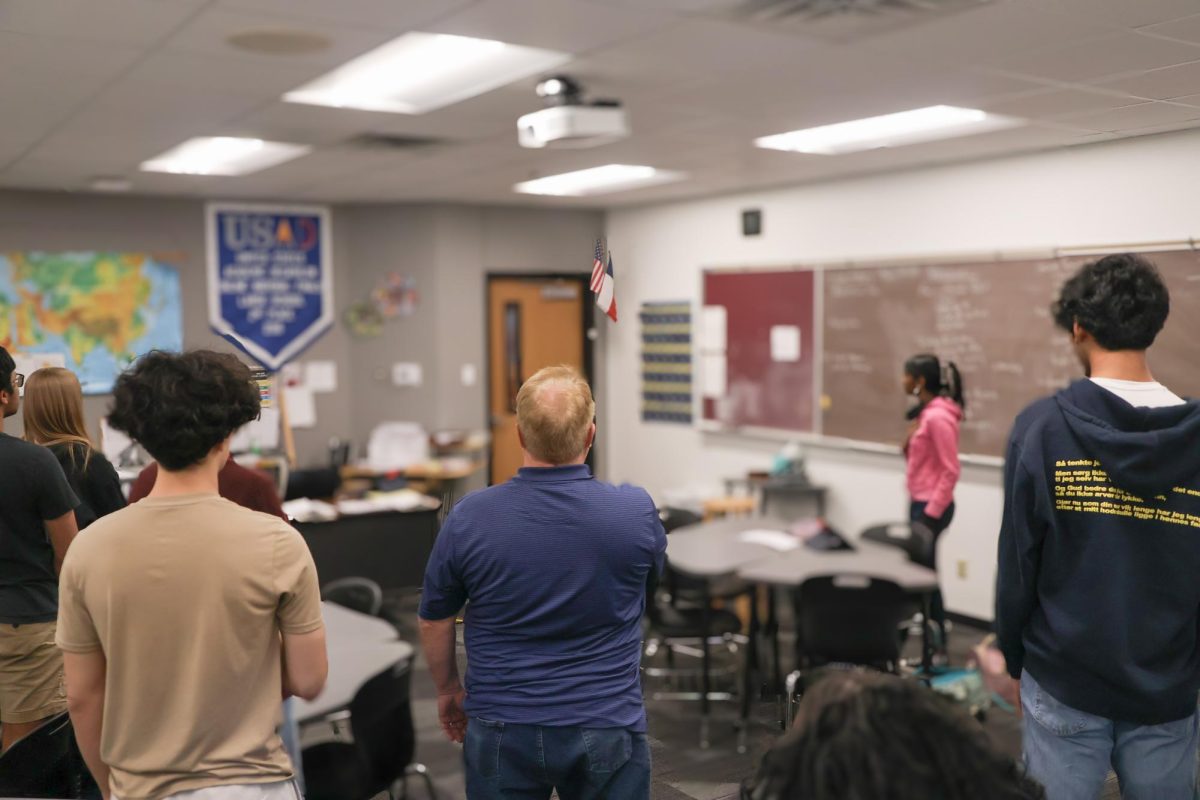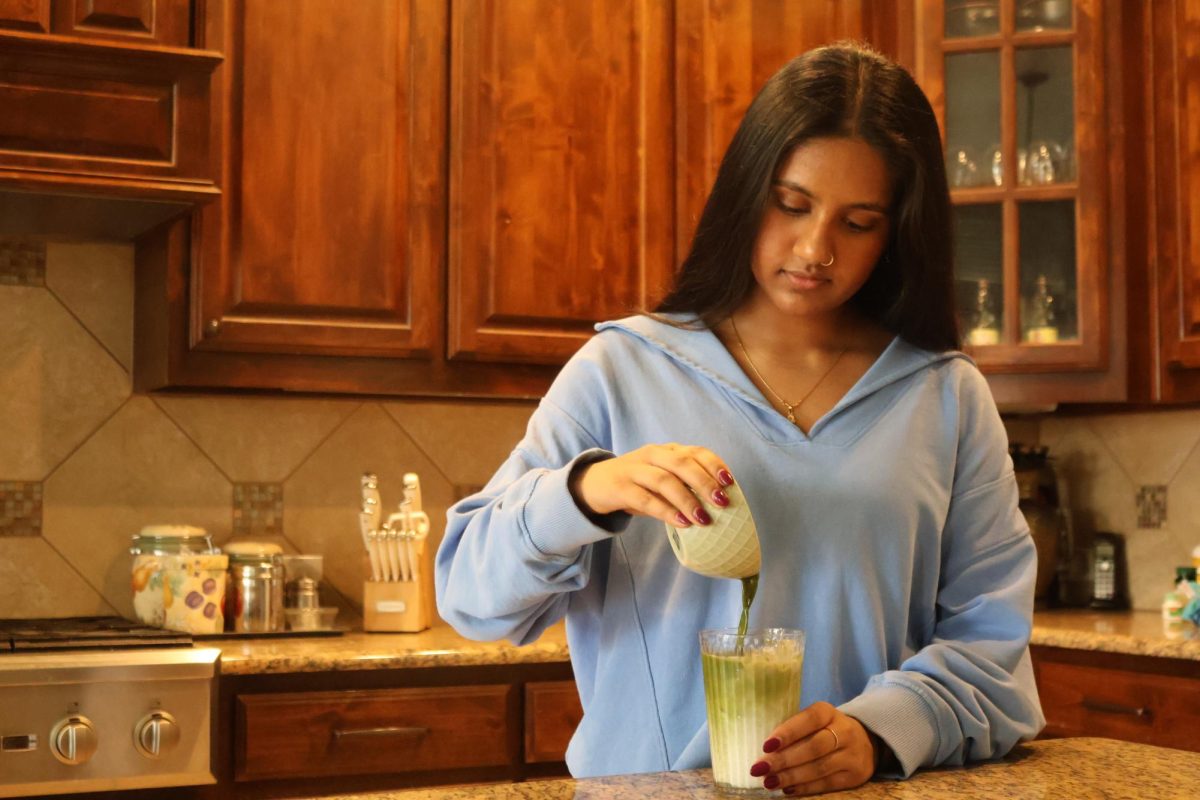There is no kind of safe sex but no sex.
Condoms break. Birth control pills don’t always work. And in high school, who really has access to better forms of birth control, like Nuva rings or spermicides or IUDs, that are prescription-only in Texas, which don’t address the issue of STD’s at all?
Beyond the physical aspects of sex are the mental aspects. Sex is inherently a private and personal matter, and yet, in high school, the accepted statistic says that 98 percent of dating is “expiration dating”, relationships that will definitely end due to college or other factors of life that change after high school. Having sex strengthens the bond of a relationship that will more than likely end in heartache, and the extra attachment just makes it worse.
Then there’s the fact that sex often prolongs relationships that should really end. The emotional attachment formed in sexually-active couples exists even when paired with abuse, and that attachment makes the victim less willing to accept the relationship is not only bad, but potentially lethal.
The risks involved with having sex are especially dangerous in high school, when students are too young to fully accept the consequences of their actions; simply put, 16-year-olds more often than not cannot handle babies on their own. Really, it makes sense that schools offer limited sexual education beyond abstinence-only, because the only alternative would be to virtually sanction extramarital sex. What would schools say? Don’t have sex, but when you do, use a condom? That just doesn’t make sense. Instead of teaching sex ed and showing students how to reduce risks, schools should be teaching how to avoid these risks altogether: abstinence.
Which is what Coppell High School does.
Peers and even TV commercials provide enough information (though slightly dubious) about contraceptives. The school’s job is to teach students why they should refrain from the practices they see blazoned across advertisements and whispered about in bathrooms.
Because sex is everywhere. Playboy is a part of American culture. Nearly every teen TV show features sex in some way. It’s “hip.” It’s “cool.” It’s potentially life threatening, but hey, if everybody’s doing it…
Our current program may not be perfect, but it’s better than the alternative. Not that it doesn’t need its own reforms in teaching style. For example, no one can forget the memorable scene from the movie Mean Girls, where the health teacher yells at the students that if they have sex, they will die. Althought rather hyperbolic, the underlying fact remains that maybe the way teachers present the message needs to be more realistic.
Abstinence only education is not the panacea. I know that: my sister had a baby at 16. In defense of the system, it is questionable if she ever attended a health class in her two years of high school, and if she did have it on her schedule, that she actually went to class.
But the matter remains that because she chose to have sex as a teen, the choice is taken out of my hands because of negative reinforcement: I know very vividly what could happen if I have sex, so I won’t That same thought process applies to abstinence only education; the consequences are very real, and very serious and very irreversible.
So, safe sex? No such thing. If schools wanted to teach theoretical concepts, they might as well start with Harry Potter. In the mean time, sticking by the current curriculum seems to be the best option until teens can be electronically programmed to exercise the best judgment. A time unlikely to ever come. . .
To read the opposing viewpoint, click here.








